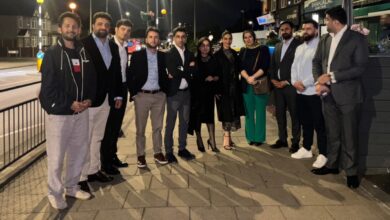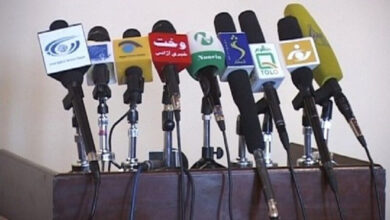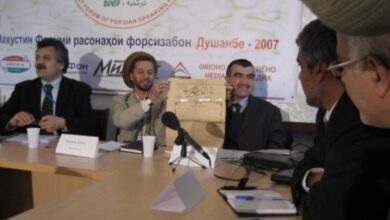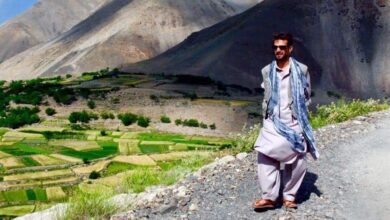Media Role in Preventing Further Isolation of Afghanistan
Dashty Foundation organized a conference under the theme “Role of Media in Preventing Further Isolation of Afghanistan” in Toronto, Canada.
The conference was hybrid with participants physically and online on October 27 2023.
The purpose of this conference was to discuss and evaluate the current situation of the media and media workers in Afghanistan and to find solutions and way forward to reduce the risks and challenges for Afghan journalists and media.
The conference focused on three main areas, Initial speeches and two panel discussions. The conference was opened by Ms. Sayara Dashty followed by Rina Amiri, the United States special representative for women and human rights in Afghanistan, Hassan Soroosh, the Afghan ambassador to Canada, Toby Mandel – the executive director of the Law and Democracy Center and Taher Sharan, professor at the University of Toronto.

Opening the conference, Ms. Dashty thanked the chief guests, panelists and participants who joined the conference in person and online and added: “We at the foundation are trying to help journalists who are under pressure and censorship from the Taliban inside Afghanistan, as well as Afghan journalists who have migrated to the neighboring countries and called up all, let’s support them. The foundation continues to carry out capacity development programs to build the capacities of the young generation, especially girls who have been deprived from education and training inside Afghanistan.”
Rina Amiri, the special representative of the United States of America for women and human rights in Afghanistan, shared figures showing the decrease in the activity of the media and media workers in Afghanistan. According to the figures, 40% of the media have shutdown, which includes, 55 TV stations, 109 Radio stations, 21 news agencies and more than 50 newspapers. In total, 60 percent of media workers have lost their jobs. The participation of women has decreased from 54% to 10%, and this is due to repressive measures and financial problems.
The ambassador of Afghanistan in Canada continued to emphasize the problems of the media in Afghanistan and referred to the latest UNAMA report which indicates Afghanistan ranked 156th in the world in terms of freedom of expression and access to information.
Toby Mendel – the executive director of the Center for Law and Democracy, who participated online, said that although Afghanistan has one of the best access to information laws in the world, since now everything is under the control of the Taliban and this law is not in practice.
The second part of the conference continued with two panel discussions. The first panel discussed the situation and challenges of the media and journalists inside Afghanistan. Mrs. Lina Rozbeh a well-known Afghan journalist explained the situation of the media in Afghanistan and the control of the Taliban, censorship and restrictions of Taliban on the media is unimaginable. Although journalists and civil society activists in Afghanistan want to cooperate with the international media outside Afghanistan but the risk of putting themselves and their families under pressure prevents them and their work.
Mrs. Rozbeh added that the situation is very difficult; media outside Afghanistan are facing many challenges to obtain accurate information and narratives from Afghanistan.
Ms. Zarqa Yaftali, representing Afghanistan’s civil society, in response to how civil society institutions and the media can cooperate in the current situation said. There used to be close working relations between civil society institutions and the media with good collective achievements in defending human rights, women’s rights, gender equality and freedom of speech, but now the situation has completely changed. However, civil society institutions and the media working in exile can work together and thereby obtain the necessary reports in the fields of human rights violations and share them with world leaders.

Lotfullah Najafizadeh, an Afghan Journalist talking about the situation of freedom of expression and media challenges in Afghanistan: We must take a deeper look at the internal issues of the country and not only in the media sector but also in other areas as well. Mujeeb Khelvatgar, the former director of NAI Supporting Media in Afghanistan expressed his concern over the current situation and said: Dozens of journalists are currently in Taliban prisons, and the international community should put efforts for their release.
Aziz Rafiei, the head of the Afghanistan Civil Society, moderated the second panel discussion. Mr. Richard Bennett, the UN Special Rapporteur for Afghanistan expressed his concern on the situation of journalists, the lack of support for freedom of expression, the plight of journalists in Iran and Pakistan, and the continued imprisonment of female protesters by the Taliban. Freedom of speech and freedom of the press is one of the most important principles of human rights said Mr. Bennett and called freedom of speech essential to create an open, equal society and ensure transparency.
During the recent conference of the Human Rights Council in Geneva, which included media, emphasized on the important role of journalists and local media workers and their basic work and reporting, challenging conditions, human rights violations and the support of the international community based on international humanitarian laws in Afghanistan. Members of the United Nations Human Rights Council assured their support for journalists, media representatives and female journalists in Afghanistan.
Mr. Ali Ehsasi, parliament member of Canada expressed sympathy for the recent earthquake in Herat and stressed Canada’s support for freedom of speech in Afghanistan: We should not let the Taliban succeed in what they want, if they prevent women from studying, the conditions of online education should be changed. If they want to limit the institutions of freedom of information, we should have more support for these institutions outside Afghanistan so that they can maintain a stronger connection with the internal institutions and if the Taliban wants to use the Pashtuns against Tajiks, Hazaras and Uzbeks, we must try to unite all the people of Afghanistan.
The other two speakers of this panel, Ms. Elaha Amani and Mr. Taghi Rahmani, spoke about the situation of women and human rights and mentioned the challenges and problems after the Taliban takeover.
Concluding the conference, Mrs. Narges Nehan, the former Acting Minister of Mines and Petroleum of Afghanistan, summarized the speeches and discussions as:
Afghanistan had a free media and freedom of speech that could not be compared with the media in the region. Freedom of speech was one of our important and main achievements, although we have lost these for now, but we still have the capacities and the human capital and we carry these values with us. The role of the media in reporting and informing is very important. It is noteworthy to mention and praise the work of the media colleagues who started establishing media entities outside Afghanistan. Afghanistan should not be forgotten and placed under the influence of other hot global issues.
How to deal with extremism in the media is another important issue, responsibilities of civil society and media institutions and emphasized that we all should be able to fulfill our responsibilities well and have constant cooperation with international community institutions to fight extremism in all sectors pointed out by Mrs Nehan.
The conference was among the three conferences held by Mohammad Fahim Dashty Foundation in the last two months. The first conference was held online through the Zoom platform, the second conference was held over Space X (twitter), and the recent conference was held in person and online. Dashty Foundation plans to hold such programs and conferences in the coming months to monitor, sensitize and gain support for Afghan journalists and media workers and freedom of speech and press in Afghanistan.
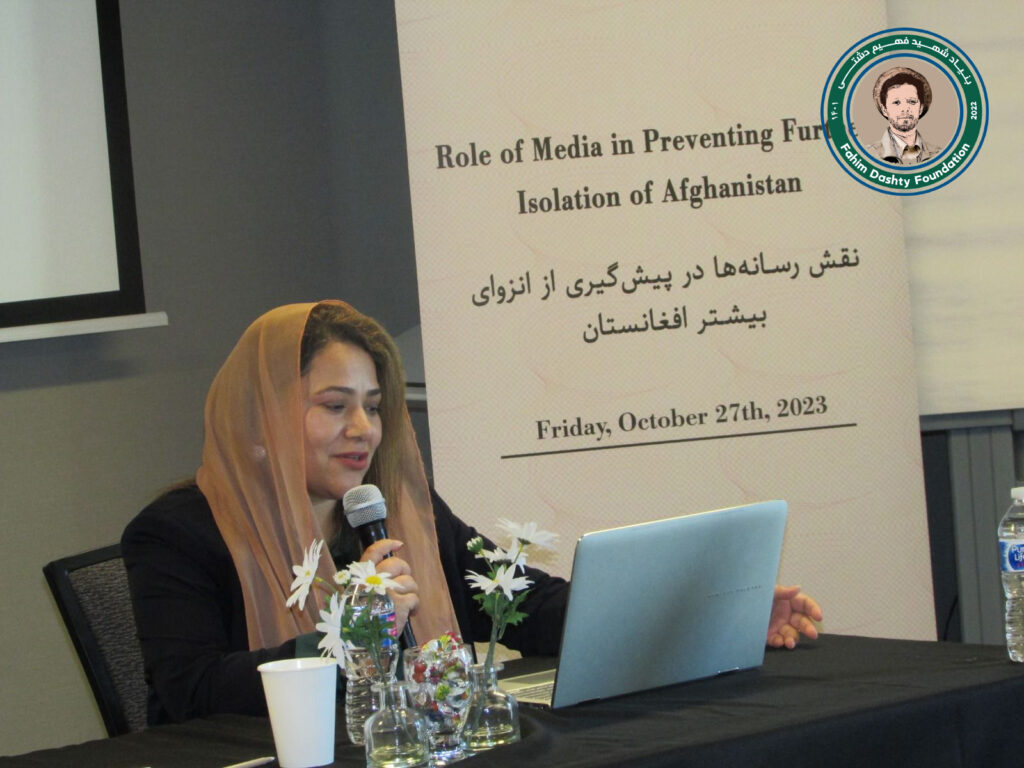
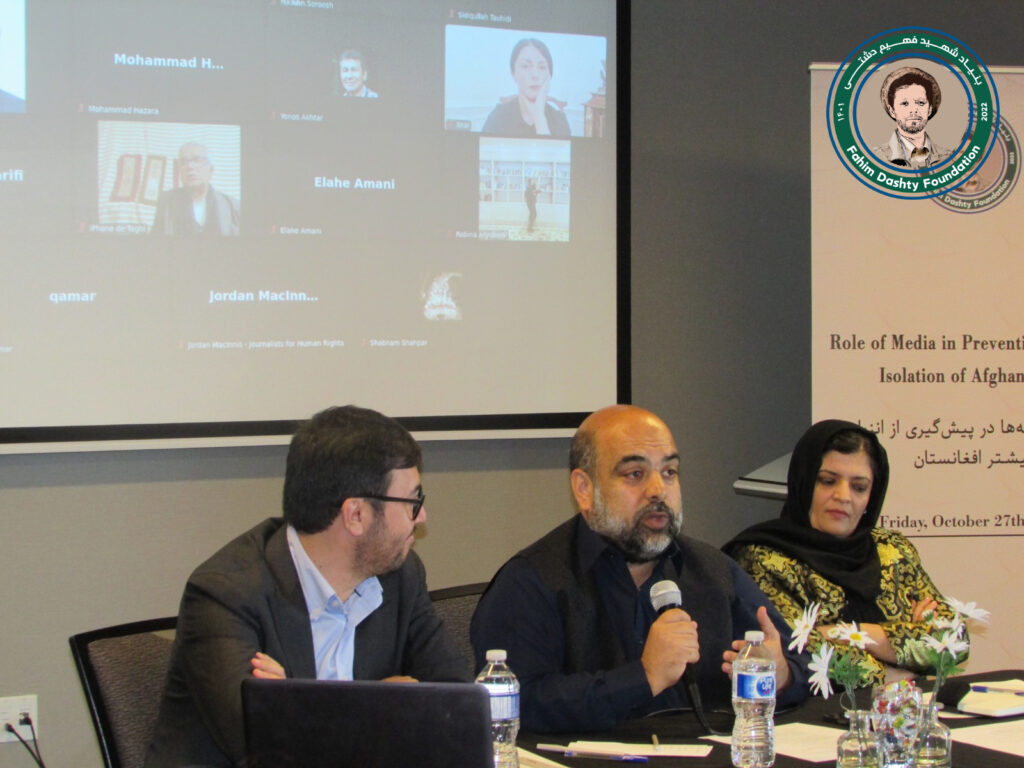
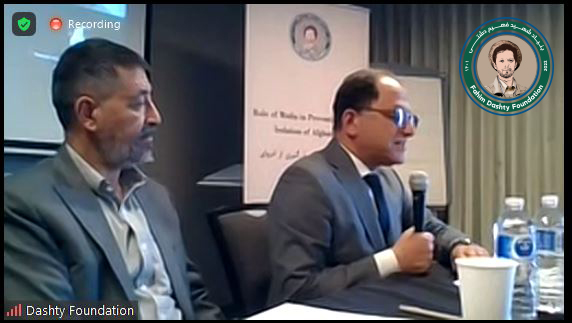
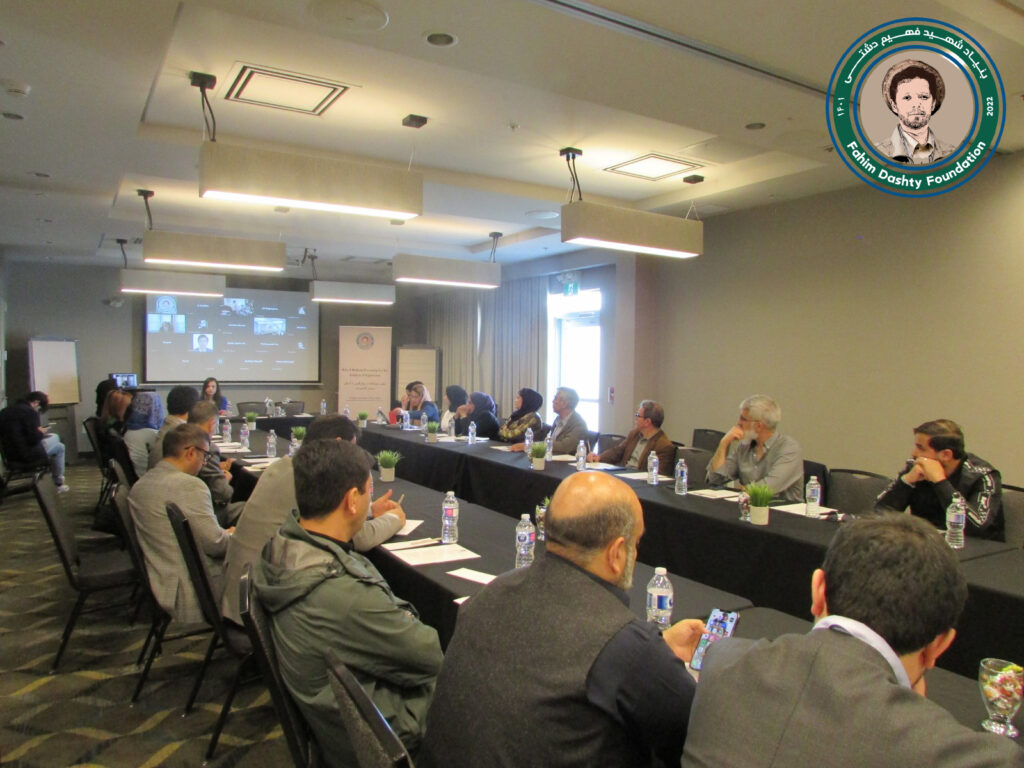
Reporter: Shabnam Shahpar

